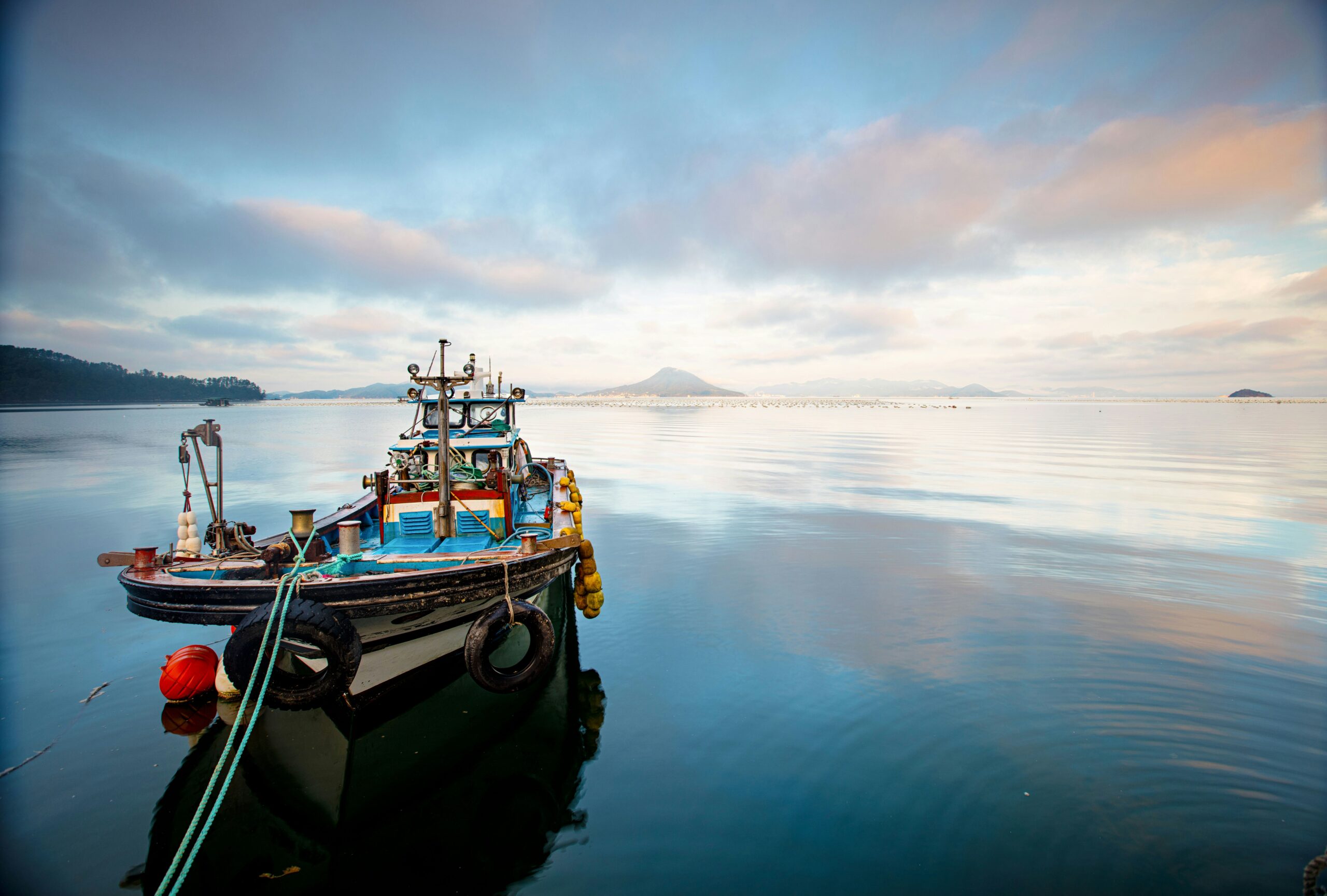Rising sea temperatures and extreme weather drive 75% surge in fishermen deaths as traditional livelihoods collapse
Photo by Martin Bennie
The waters surrounding South Korea have become significantly more dangerous, with 164 fishermen killed or missing in 2024 – a 75% increase from the previous year – as climate change drives extreme weather and forces crews into perilous conditions.
Hong Suk-hui, chair of the Jeju Fishing Boat Owners Association, lost five crew members in February when his vessel capsized. “The weather has changed, it’s getting windier every year. Whirlwinds pop up suddenly. We fisherman are convinced it is down to climate change,” he said.
A government investigation has identified climate change as a major factor alongside an ageing workforce and inadequate safety training. The seas around Korea are warming at more than double the global average – rising 1.58C between 1968 and 2024 compared to 0.74C globally. Marine weather warnings increased 65% between 2020 and 2024.
This warming is driving fish species away from Korean waters. Over the past decade, squid catches have plummeted 92%, whilst anchovy catches have fallen 46%. Boat owner Kim Seung-hwan explained his crews now travel as far as Taiwan: “Since we’re operating farther away, it’s not always possible to return quickly when there’s a storm warning.”
Captain Park Hyung-il, who has fished anchovies for 25 years, now catches just two boxes daily compared to 50-100 baskets previously. “The sea is a mess, nothing makes sense anymore,” he said. “I used to love this job… But now, with barely anything to catch, that sense of pride is fading.”
Almost half of South Korea’s fishermen are now over 65, creating increased reliance on migrant workers who often lack safety training. Woojin Chung from the Environmental Justice Foundation described it as “a vicious and tragic cycle” where multiple factors create “a higher chance of meeting disaster”.
However, Ean, whose father died when his trawler sank in February, believes owners must take responsibility. “Now the stocks are gone, but the companies still force them to go out, and because these men have worked as fishermen their whole lives, they don’t have alternative job options, so they keep fishing even when they’re too frail to do so,” she said.
The government is recommending mandatory safety measures whilst some regions offer payments for jellyfish catches. The UN’s Food and Agricultural Organisation forecasts fish catches will decline by almost a third by century’s end if emissions continue.
“The future looks very bleak,” said Captain Park. “These days it’s just really tough.”
